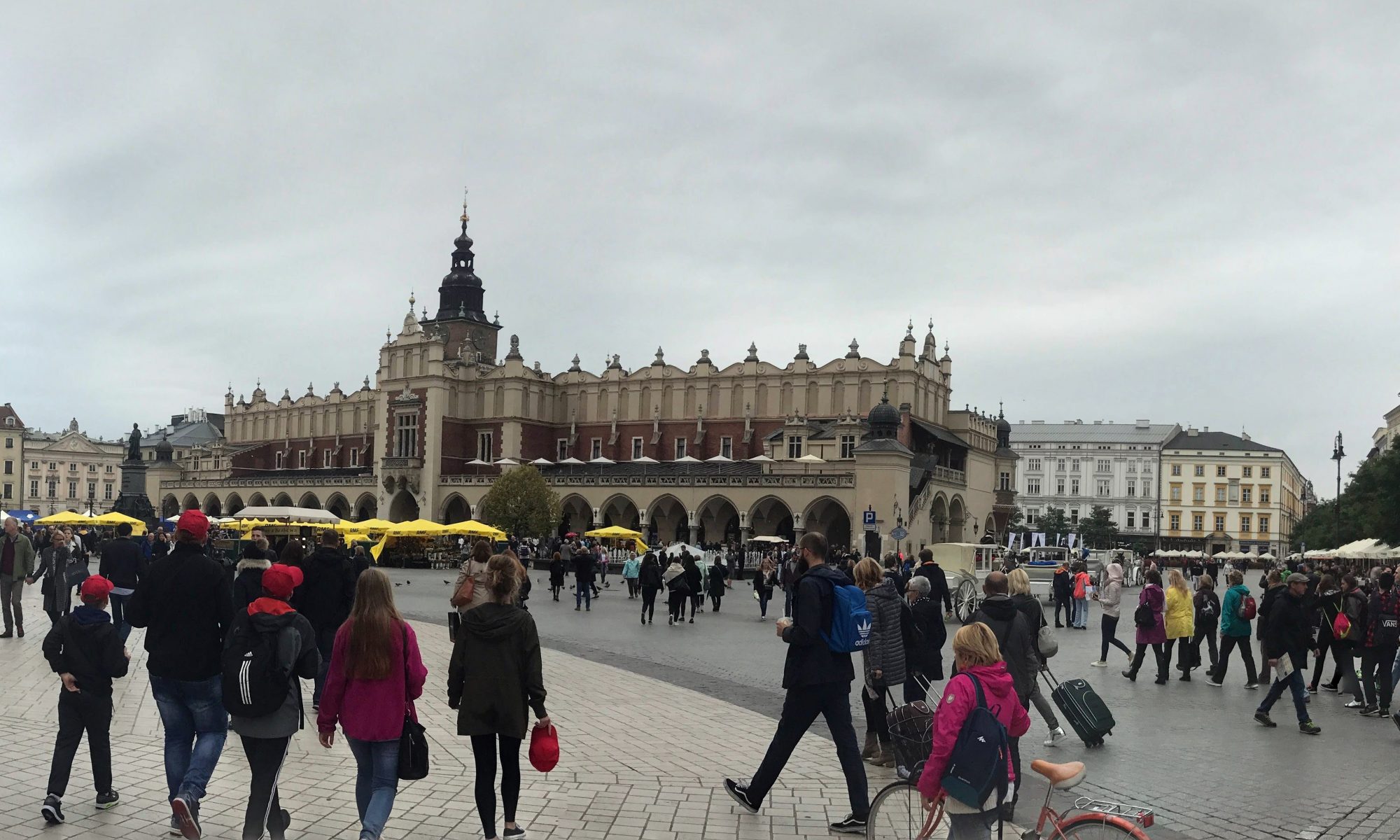image: Senator Josh Hawley salutes January 6 insurrection Steven Levitsky and Daniel Ziblatt have written with growing alarm about the threat to our democracy by right-wing extremism. How Democracies Die was sobering when it appeared in 2017, and the publication of Tyranny of the Minority: Why American Democracy Reached the Breaking Point (2023) reaches an …
The dual state (1938)
Ernst Fraenkel's book The Dual State: A Contribution to the Theory of Dictatorship offers instructive and ominous reading today. Written during the rise of Hitler's National-Socialist state by a German Jewish lawyer, it serves as a piece of "ethnographic study of the transformation of the authoritarian state" by a covert participant-observer. Fraenkel published The Dual …
Making a far-right activist
Far-right demonstrators supporting CasaPound (link) How can we understand some of the factors that lead to the development of far-right beliefs and worldview in young people? Why do a certain number of people in their teens and twenties develop a political fascination with neofascism, anti-immigrant extremism, and a range of racist ideas? Is this an …
The role of political education in social progress
Stephen Esquith has spent much of his career observing, teaching, and engaging in "conflict societies", and trying to develop an understanding of how best to move from high-violence to low-violence societies. In particular he has spent a great deal of time in Mali in west Africa. He has come to emphasize the importance of "political …
Continue reading "The role of political education in social progress"
Affirming Democracy
If you are concerned about the fate of our democratic institutions, the rise of xenophobia and hate, and the rule of law, please consider following affirmingdemocracy.org -- an ongoing group blog aimed at affirming our democracy and opposing the racism, lawlessness, and authoritarianism we now face. This group blog describes its goals in these terms …
A guide to being a sociologist
Karl Marx Imagined The social world is more complex and heterogeneous than most parts of the natural world, with diverse causal processes, different tempos of change, and multiple influences on a given outcome of interest. If we want to understand, say, why American psychiatry came to have the institutions and prescriptions that it currently has …
Confronting race through Rawls’s political philosophy
Rawls believes that a just society must be a pluralistic society, and that means that it must be neutral across (reasonable) comprehensive conceptions of the good. Citizens must be enabled to pursue their own comprehensive conceptions without interference from the state. Does this imply that a comprehensive conception based on the idea of ethnic or …
Continue reading "Confronting race through Rawls’s political philosophy"
Grounds for impeachment
In his speech to the top officers of the United States military Donald Trump has crossed the line from reckless right-wing authoritarian politician to aspiring fascist dictator. Here is a report from the Washington Post on the unprecedented event; scroll down to Amy Wang's coverage of his speech. Here are some crucial excerpts from her …
Racial assumptions in western political philosophy
MLK, Rousseau, Rawls (Gemini) A prior post asked whether liberal political philosophy can be "anti-racist". Charles Mills addresses a related question in much more radical terms. He offers a fundamental critique of European/American liberal philosophy grounded in his view that the "social contract" tradition rests upon a comprehensive "racial contract" that embodies racial hierarchy and …
Continue reading "Racial assumptions in western political philosophy"
Ethnography of the far right
Can we understand the dynamics of far-right extremism without understanding far-right extremists? Probably not; it seems clear we need to have a much more "micro" understanding of the actors than we currently have if we are to understand these movements so antithetical to the values of liberal democracy. And yet there isn't much of a …
